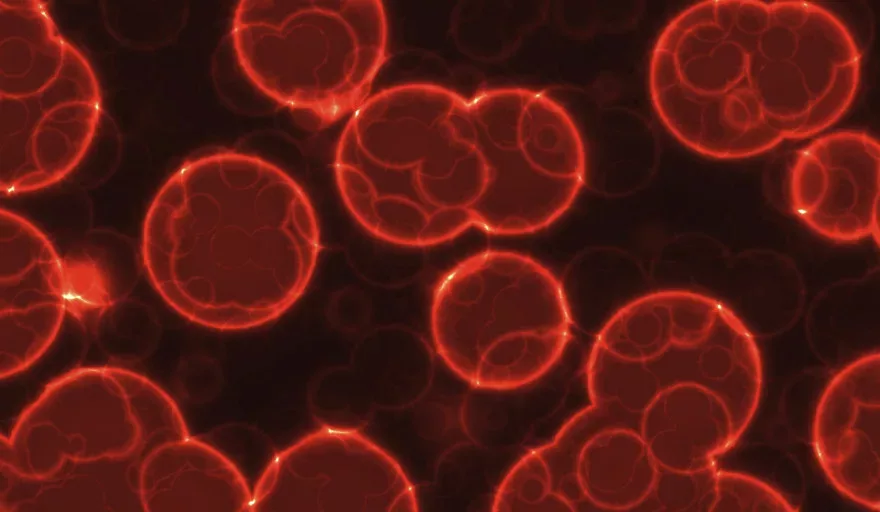When we think of cancer we often think of rogue, villainous cells in an otherwise healthy organ. But research is increasingly showing that our bodies are complicit in the disease, providing cancer cells hiding spaces. Scientists are trying to use this knowledge to create a more accurate laboratory model of one particular type of cancer – multiple myeloma – and thus to develop better drugs to treat it.
Multiple myeloma affects a type of white blood cell. In Europe and the USA 50,000 people are diagnosed yearly with multiple myeloma. Drugs targeting the cancer have been marginally successful, but many have failed when they get to human testing.
Therefore the EU-funded OPTATIO project is developing a new type of testing platform that incorporates both cancer cells and their surrounding “micro-environment”: tissue cells, bone marrow cells, blood vessel cells and immune cells. These support cells are in close contact with the cancer cells and are exchanging chemical signals with them as a tumour develops. In essence, they serve as the soil in which the seed of cancer grows.
Researchers have already created realistic “co-culture” systems of both seed and soil, but what OPTATIO project introduces is an entirely new level of verification of the results. Through partnerships with clinicians the team has collected cells from hundreds of myeloma patients across Europe. Since clinical data also exist on these patients – including information about which drugs they responded to and how – the results between cell culture and real-life patient can be compared to get as close a replica as possible.
In addition, co-culture systems could allow researchers to test a new approach to drug therapy: perturbing the cancer’s “soil” rather than attacking the cancer cells directly. This is a promising improvement since drugs that target the cancer cells often do not kill all of them, and can thus encourage drug resistance. “Drugs will always target only a proportion of the disease, and so there is a lot of selective pressure on these cells,” says Project Coordinator Wolfgang Willenbacher at Innsbruck Medical University in Austria. “We feel the environment might be a much more constant variable,” he adds.
The industrial partners involved in the project initially provided thousands of compounds that were tested in the co-culture systems. Two primary categories of potential drugs tested were kinase inhibitors, which block enzymes crucial for cancer cells to multiply, and natural marine substances, which contain chemical weapons produced by marine organisms.
From that original testing, the researchers identified several promising candidate compounds to bring to the next stage of drug testing, in mice. That part of the project is under way now. Depending on how the tests go, the team expects to have at least one, and maybe more, drugs ready for phase I clinical trials by the end of 2014.
PROJECT DETAILS
- Project acronym: OPTATIO
- Participants: Austria (Coordinator), Hungary, Germany, Spain, Czech Republic, Italy
- Project FP7 278570
- Total costs: € 4 284 452
- EU contribution: € 2 999 529
- Duration: January 2012 – December 2014
SOURCE: The European Commission Research and Innovation Information Centre


















